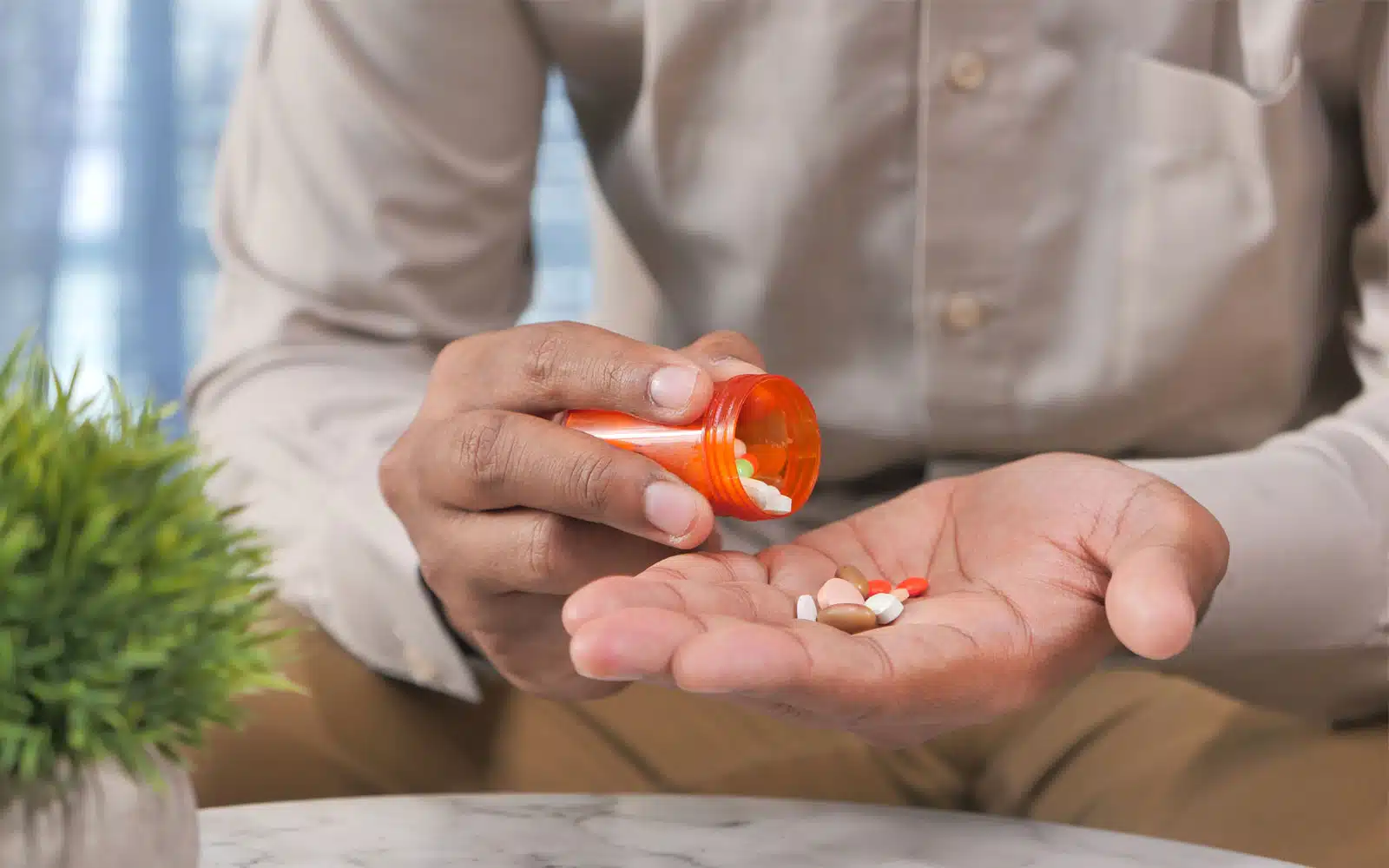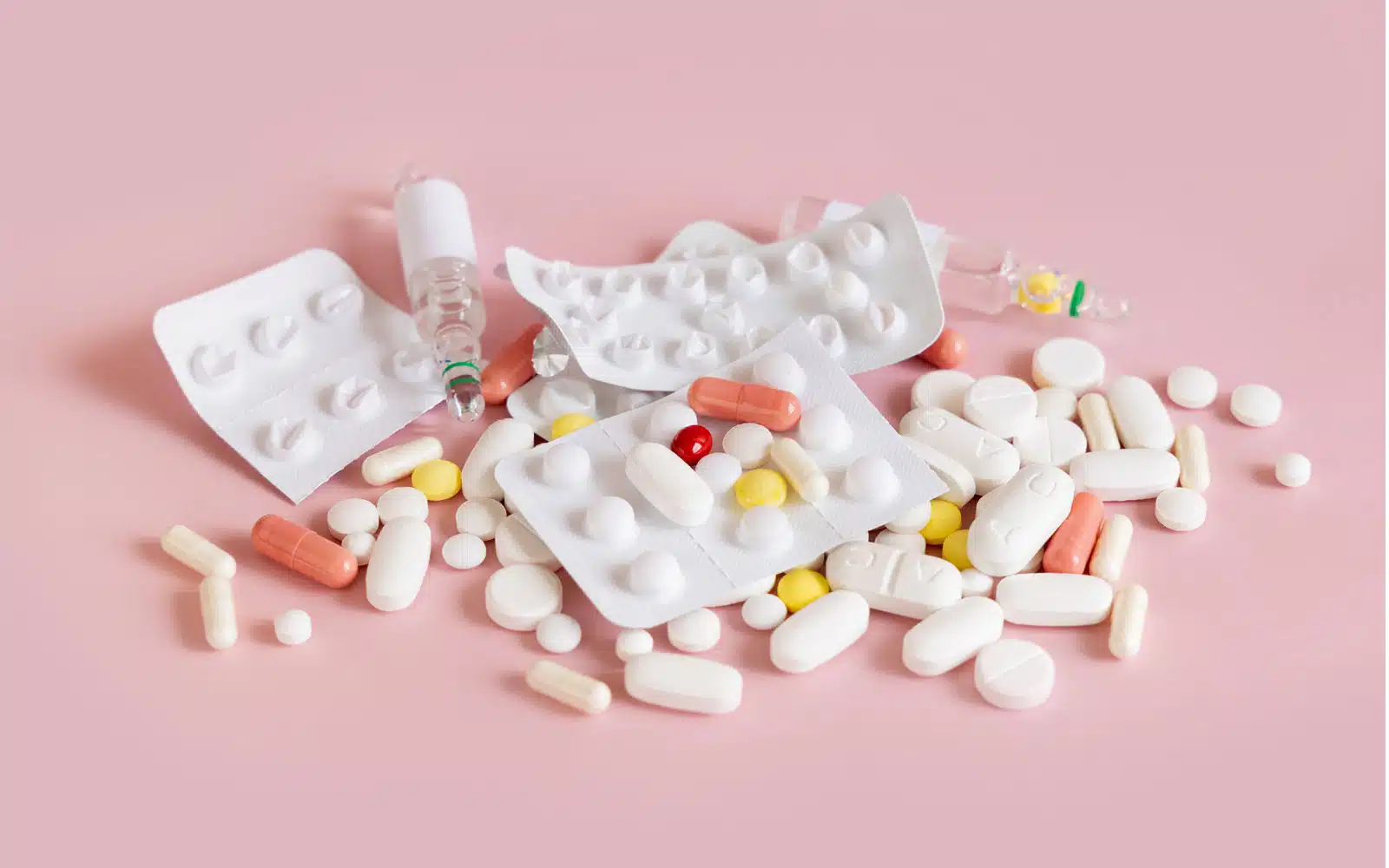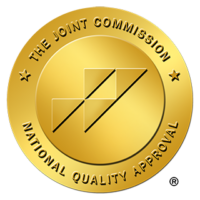Suboxone Detox
Suboxone is a prescription medication that contains two core components: buprenorphine and naloxone. This prescription drug is FDA-approved to treat opioid addiction withdrawal. Yet, Suboxone itself carries a risk of misuse, and, in some cases, a person may need to enter a Suboxone detox treatment program to find relief.
Though Suboxone can be a helpful, even life-saving, resource for those with serious opioid addiction, it must be used properly to avoid the development of dependence, a condition in which the brain and body become reliant on the substance to function normally. Suboxone is a Schedule III drug, as noted by the U.S. Drug Enforcement Administration. This means that the drug can be misused, and with misuse comes a higher rate of addiction.
Suboxone addiction treatment is a careful process. If you are using this substance to treat opioid addiction and withdrawal symptoms, you may be able to avoid dependence on Suboxone with careful management. While 700,000 people in a large study reported misusing this medication, the vast majority, about 1.7 million people, reported not misusing it but needing it to avoid opioid withdrawal and dependence.
If you do find yourself craving it, Suboxone detox treatment may offer help to you. During the Suboxone detox process, the body naturally removes the presence of the substance while the brain learns to function without it.
What Is Suboxone Detox?
The Suboxone detox process relies on the body’s digestive system to remove the substance naturally. However, what makes detox so important and challenging is dependence. If a person becomes dependent on the substance, the body reacts with withdrawal symptoms, some of which can be very uncomfortable.
Prior to getting formal Suboxone addiction treatment, this period of detox needs to take place. It can happen in a medical observation facility, especially for those with serious withdrawal symptoms, or it may be done through at-home support. In all situations, Suboxone detox treatment should be managed by doctors and treatment professionals.
Engage Wellness Massachusetts does not offer Suboxone detox treatment itself. Instead, we partner with local detox programs designed specifically just for this task. After completing the Suboxone detox process, you can then enter addiction treatment with our team.
What Happens During Suboxone Detox?
The Suboxone detox process typically involves three significant steps that may be tailored to meet your specific needs.
- Intake: During the initial phase, called intake, a licensed medical professional will provide a full examination to determine any health concerns and to document your current substance use. A full medical history is also completed, as is a psychiatric exam to determine the state of your mental health and any noted mental health disorders.
- Detoxification: During this phase, a person’s body naturally starts to reduce the presence of the toxin. The first two days typically are the most intense as Suboxone withdrawal symptoms emerge.
- Post-detoxification: Once that initial intense period wears down, there is a stage of stabilization that occurs, during which psychological and medical treatment begins to support the recovery process.
Suboxone detox treatment’s length and withdrawal symptoms range widely from one person to the next. Treatment should be administered and monitored by a licensed medical professional, whether it happens at home or in a treatment center.
The Detox Process
No matter where Suboxone detox treatment occurs, there are different stages experienced by most people. The intensity is often dependent on your underlying use of Suboxone (such as whether you are using it to control pain and how long you have used it). Here is a brief timeline of what you can expect from this process:
Types of Suboxone Detox
Suboxone is supposed to be a treatment for opioid addiction, and for many people, it is one of the most effective ways to do that. Yet, if not used as prescribed, you may need to go through a Suboxone detox treatment process to recover from the dependency.
This is often done in one or two ways: inpatient in a specific Suboxone detox treatment center or through an at-home detox process.
Finding the Right Suboxone Detox Facility for You
Suboxone detox treatment is often the first step in breaking your dependence on this substance. However, this addition is difficult because it’s often the lesser of two evils in opioid addiction treatment. Working very closely with a Suboxone addiction treatment center is critical throughout this process. As a result, it must be done under the careful supervision of an experienced team.
At Engage Wellness Acton, we do not offer specific Suboxone detox treatment. However, we do work with area providers that can offer detox for the initial, intense period. We can continue suboxone addiction treatment after detox, allowing you to get exceptional care and support as you work to reduce your risk for Suboxone addiction and misuse. Contact us today to learn more about how we can help you.










